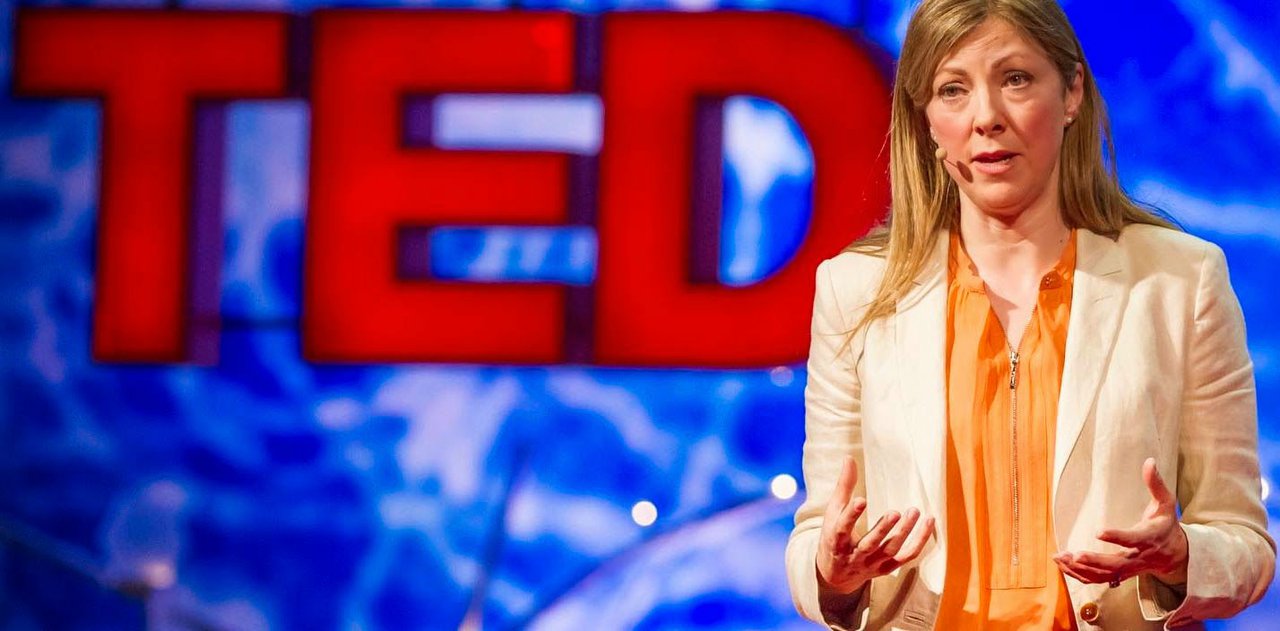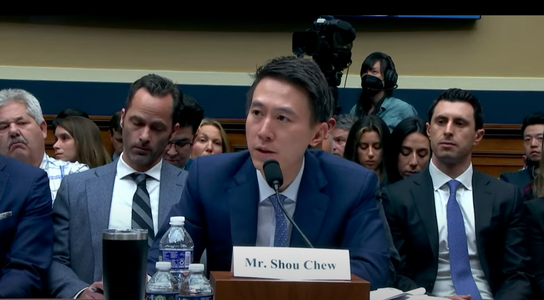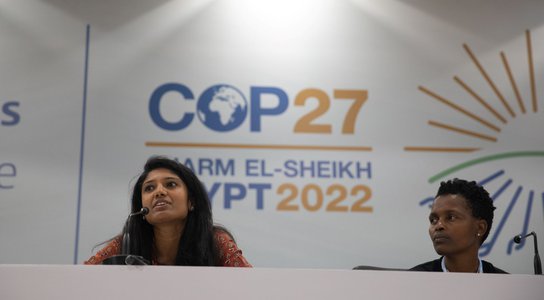
For more examples of our impact, see our 2020 annual report
For over a
decade Global Witness has been at the forefront of the campaign to end
anonymous companies - the getaway cars for the criminal and corrupt all over
the world. We saw this problem routinely come up in our own investigations,
preventing not just us but also law enforcement from following the dirty money
trail. As we delved deeper, we discovered it was extremely easy for the corrupt
to hide and move money around the world. All too often the companies involved
were incorporated in offshore tax havens but also in the US, UK and EU Member
States.
At the heart of this problem, there is a serious human cost, depriving some of the most resource-rich countries of the wealth needed to tackle poverty and save lives. We uncovered how the people of the Democratic Republic of Congo lost out on billions of dollars of revenue when their copper and cobalt mines were sold at a fraction of their real value via opaque companies incorporated in the British Virgin Islands. With investigators unable to track down the real human beings behind the money, there was little opportunity for justice or to disincentivise others from doing the same.
It was time
for a global wake-up call and to tackle the root of the problem: forcing
companies to disclose their real owners through regulation. Over the past
decade, Global Witness has played a leading role in exposing the problem and
pushing for change with a strong coalition of other CSOs, journalists, and
parliamentarians. In 2014, Global Witness Founder Charmian Gooch was awarded the TED prize
in support of the campaign to end anonymous companies, garnering support from
law enforcement and business leaders worldwide.

Charmian Gooch delivering her prize-winning TED talk on anonymous companies in 2014. TED
From once
being “the worst problem you’ve never heard of,” we’ve seen a tidal shift in
the fight against anonymous company ownership. Thanks to Global Witness’s
investigations, story-telling and dogged campaigning we’ve played a big role in
this. Our first breakthrough came in 2013, when the UK first committed to
setting up a register of the real owners behind companies, and later decided to
make it fully open to the public. Spurred on by the revelations of the Panama
Papers, the EU quickly followed suit, revising its anti-money
laundering rules to require
public registers in all 28 EU Member States.
In April 2018, we contributed to another watershed moment when a cross party group of parliamentarians, armed with our research and investigations, forced the government to pass legislation requiring the UK’s Overseas Territories to create such registers by 2020 - bringing change to some of the worst financial secrecy hotspots like the Cayman Islands and British Virgin Islands. The following year, the UK’s Crown Dependencies - Jersey, Guernsey and the Isle of Man - made a similar commitment to open up.
The US was always a key jurisdiction for us: one of the easiest places in the world to set up an anonymously-owned company, with rules that were even more slack than those of the British Virgin Islands and where opposition to transparency was strong. If we were unsuccessful in securing meaningful change in the US, a huge gap for tackling anonymous companies would remain. Over this period, Global Witness kept a steady drumbeat of pressure in the US via hard-hitting investigations and by building a broad, bipartisan coalition including national security groups, human rights organizations, law enforcement, the real estate sector, labor unions, financial services, and the business community. Finally in December 2020, in one of its final acts of the year, Congress passed a historic provision requiring companies to disclose their true owners to authorities - it had been over 10 years in the making. While this falls short of public disclosure, it presents a crucial step in the right direction.
The impact of transparency is now becoming more apparent. We've seen a steady stream of new public interest investigations made possible by having this information available, including earlier this year which saw revelations around Luxembourg’s secretive offshore industry. Meanwhile, the countries resisting transparency look increasingly isolated.
Looking ahead, there are more battles to fight, not least getting more countries to follow suit, improving the efficacy of the registers and extending transparency to trusts. Fortunately there are more organisations than ever involved in this endeavour, and we’ve helped build some of the important platforms that will take this work forward - including OpenOwnership, the Financial Transparency Coalition and FACT Coalition in the US. For a campaign that was once seen as hopelessly unrealistic by many policymakers, we have gone a long way - not yet entirely destroying all the getaway cars for the criminal and corrupt, but steadily reducing the number of them and how fast they can drive.


